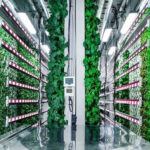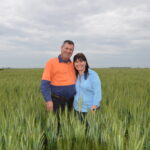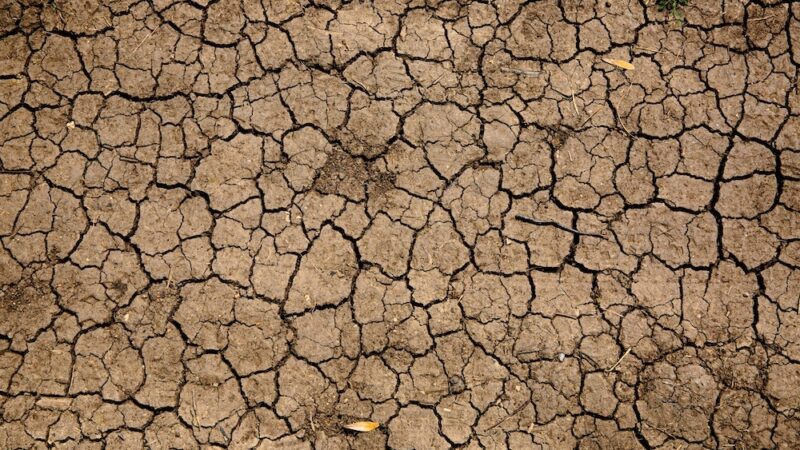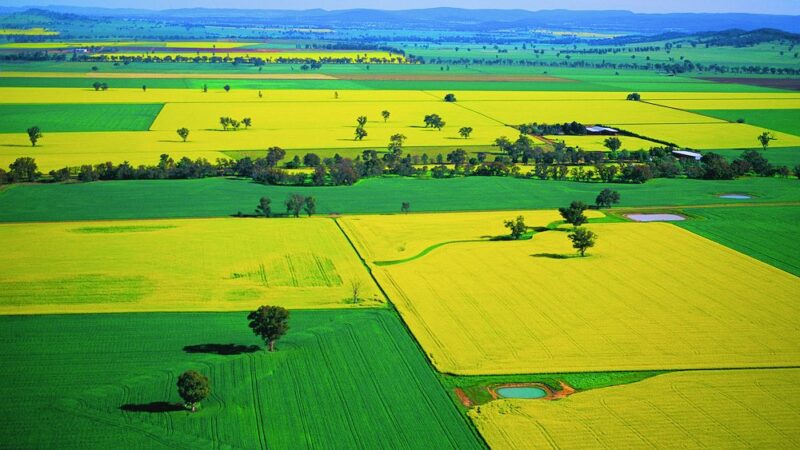Hort Innovation is working with a consortium, led by agricultural consultancy RMCG in partnership with…
Hort Innovation launches sustainability framework
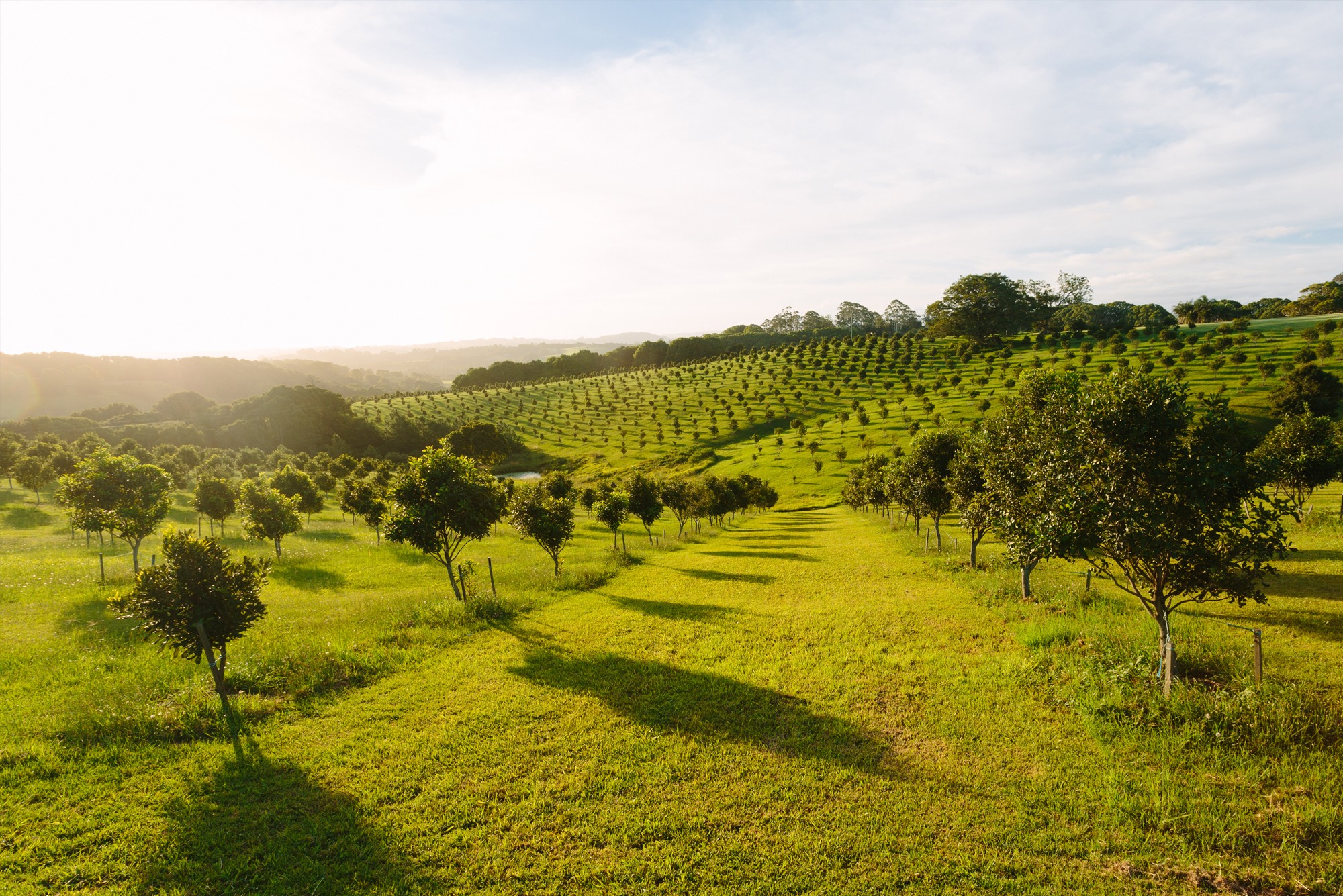
Hort Innovation’s new Horticulture Sustainability Framework sets a solid roadmap for understanding and measuring the sustainability of Australian horticultural production while also setting goals for the future.
The sustainability framework was created in consultation with over 600 industry participants through surveys, interviews and workshops and aligns with the United Nations’ Sustainable Development goals, as well as existing initiatives already underway in the sector.
It is broken up into four core areas: Nourish and Nurture; People and Enterprise; Planet and Resources and Less Waste.
Limiting food waste, food safety and energy use were consistently raised as the most important issues during the extensive consultation process which was undertaken to form the framework.
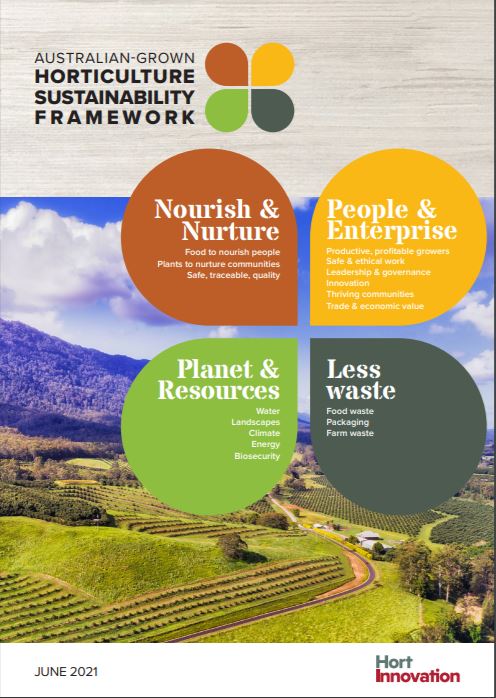
Hort Innovation CEO Matt Brand said the framework has been developed for the Australian horticulture industry as consumers and investors are increasingly asking for evidence of ethical and sustainable practices from food producers.
�The aim of this Sustainability Framework is to acknowledge the significant contribution Aussie fresh produce growers make to the nation�s families and environment through the provision of fresh and nutritious food,� Mr Brand said.
�It also promotes sustainable and responsible care for our natural environment and provides a vital roadmap for a stronger Australian farming future.�
The framework also aligns with research currently being delivered by Hort Innovation, in line with the target to grow agriculture to $100 billion by 2030.
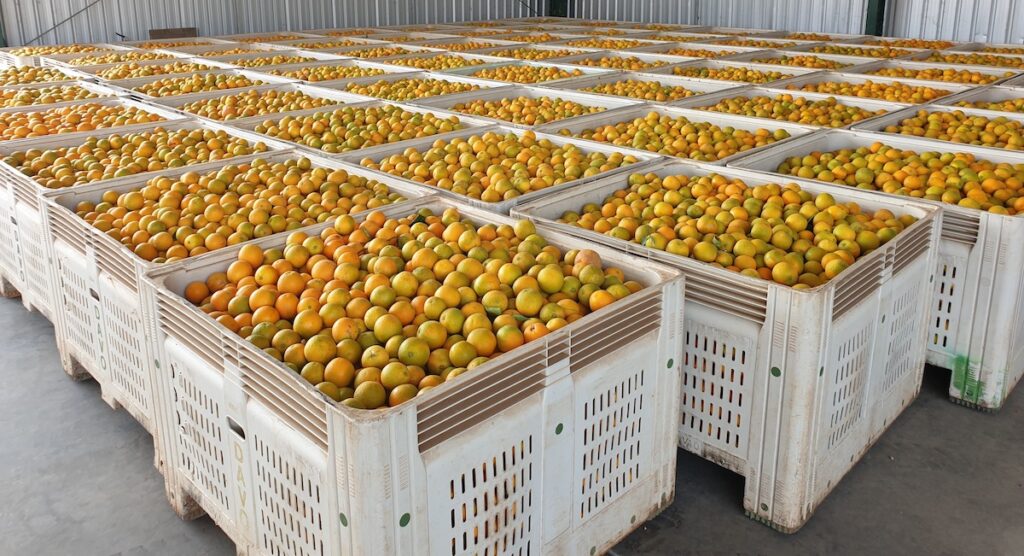
Useful resource for industry
Shane Quinn, from vegetable producer Mulgowie Farming Company, said the framework is a useful resource for industry.
“The Mulgowie Farming team is proud to use ethical sustainable practices when producing nutritious produce from our healthy soils,� he said.
“We look forward to the Sustainability Framework providing the means to demonstrate positive environmental impacts and industry issues of concern to a wide range of stakeholders.�
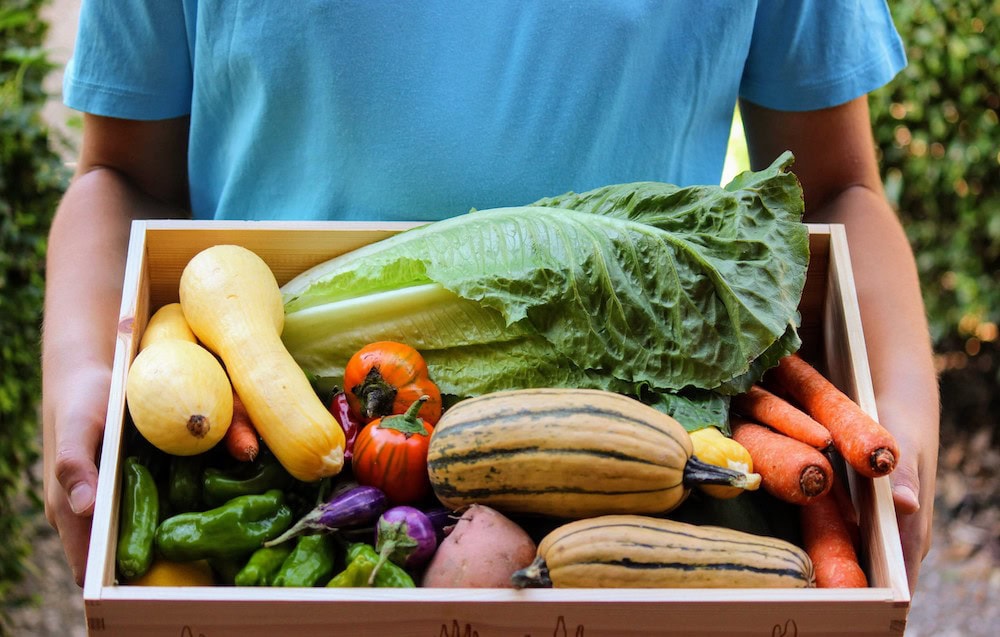
Almond Board of Australia, Market Development Manager, Joseph Ebbage said sustainability is important to customers both domestically and internationally.
�Our trade partners in Europe and in the UK are looking for suppliers that can meet sustainability metrics. Our ability to communicate sustainability credentials is vital to maintaining and growing these relationships,� Mr Ebbage said.
�The framework provides an invaluable foundation document for our industry. The Australian almond industry is looking to leverage this rich body of insights to create a program specific to growing and processing almonds in Australia.�
Sustainability framework: next steps
�The next step is to measure the sectors current performance against each indicator identified in the Framework,� Mr Brand said.
The Horticulture Sustainability Framework was developed over more than 12 months and involved input from producers, employees, industry peak bodies, service and input suppliers, and researchers. Financers and investors, marketers and exporters, retailers, governments and consumers also had input.
To read the Horticulture Sustainability Framework in full, please click here.
If you enjoyed this story, you may also like our story on fruit and vegie prices and why farmers are not seeing an increase in their payments despite an increase in retail pricing.


